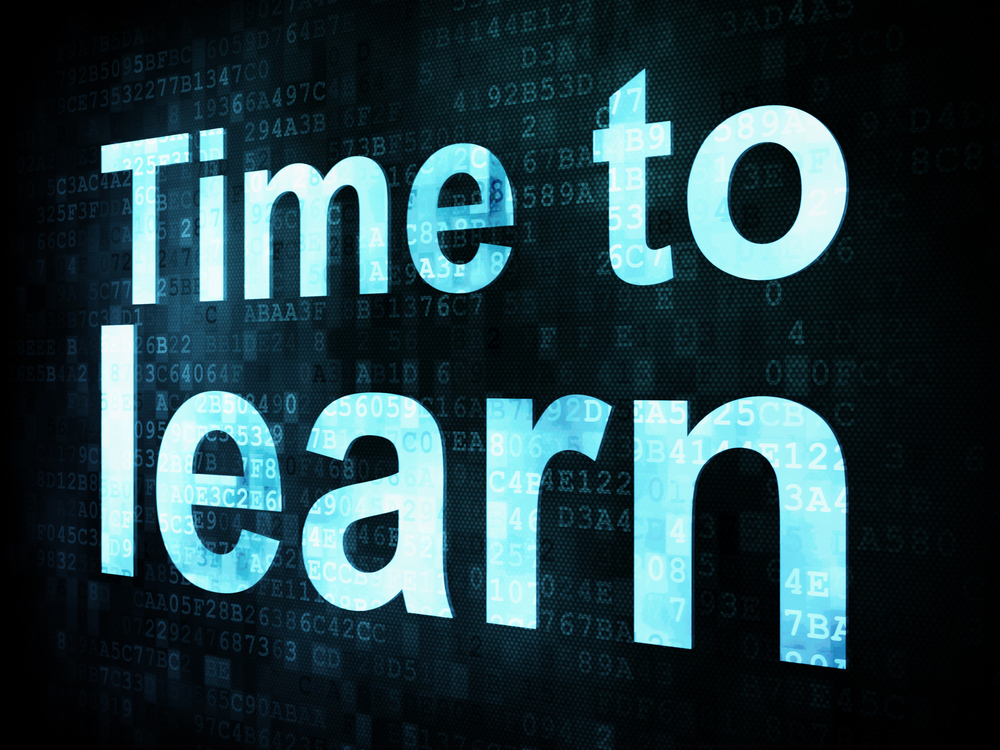As we reflected on the things that made 2012 memorable, the list became obnoxiously long. We launched Wise Ink, Dara published a book, Amy is nearing the completion of her English Master’s program, and we helped some pretty darn amazing authors publish their books. Did we mention we’re exhausted?
For the purpose of this post, we narrowed our lessons learned down to twelve. You might disagree with a few of them, but we call it like we see it. So here goes:
-
Most books should have an e-book version
The authors with e-books in 2012 reached more readers, younger readers, and could compete with their competition.
-
Some books should only be published as an e-book
This year marked the year of helping more authors than ever who only wanted their book released as an e-book. Fiction authors were the most likely to go e-book only and their choice in on par with what readers want. Those indie authors are cutting their financial investment drastically and are reaping decent financial rewards.
Goodreads in our view is really under the radar. Every author should create a Goodreads account. It’s the single best social media resource for readers. As an author, you’d know the number of readers that have added your book to their “to-read” list and the giveaway program is our favorite tool to engage potential readers.
-
Authors need bloggers almost as much (maybe more) as media to help promote their books
When we released The Indie Author Revolution: An Insider’s Guide to Self-Publishing, we received the most exposure from fellow bloggers. We’re not knocking traditional media, but bloggers have direct access to your book’s audience. Authors need bloggers to help promote and engage their book audience. Blogs are often more effective for book sales than media promotion.
-
Authors should at least try Twitter — it’s better than Facebook for reader engagement, promotion, and networking
2012 marked the year that Amy and Dara embraced the Twittersphere. We are so glad we did. Without Twitter, our blog audience would be cut in half (not kidding). It’s also been integral in promoting author events, hobnobbing with other authors and self-publishing experts, and it’s just plain fun if used correctly.
-
Book signings are becoming a thing of the past
This is a difficult admission for us because we love bookstores and feel they should be supported, particularly the independents. However, more authors this year confided that bookstores were not as profitable for them as live events, tradeshows, conferences, presentations, and workshops.
-
Authors with a “big picture” did better financially than writers who just wanted to be career writers
We noticed that authors driven or motivated by a purpose, philosophy, or cause sold more books. Our caveat with this lesson is that career writers are not necessarily looking to get rich writing books.
-
Most authors don’t have nor need a formula or system for keeping them on track through the writing process
When we asked writers about their methods for getting their books done, most said that they just did it. There was no secret process or trick, they just focused and got it done.
-
Events and word-of-mouth were the two ways most authors shared as helping them sell the most books
Similar to number six, most authors saw that events and word-of-mouth sold more books. Amazon reviews, social media, and PR were the honorable mentions.
-
Authors should offer their book’s content through as many mediums as possible
Authors that recognized their book’s content could also be repurposed and spread through other mediums found success in 2012. These authors used blogs, podcasts, presentations, and classes to engage their audience beyond their book.
-
There’s no such thing as a “right” way to publish
Indie versus traditional publishing was an ongoing debate this year. We suspect that it will be next year too. As much as we’re all about indie publishing, ultimately readers could care less how you published as long as the work is good. We write for our readers. There is no “wrong” path to publishing a book that should be out there. Just make sure you honor the folks you wrote it for and do what it takes to make it the best it can be.
-
Indie publishing is no longer a stigma!
Indie authors are no longer looked down on. Sure there are boneheads, elitists, and flat-earthers who choose not to see the writing on the wall. But, for the most part, indie publishing is a respectable method for getting good content to the masses. In 2012, indie books were covered by mainstream media, accessible in bookstores nationwide, and indie authors were recognized (and applauded) on the national (and even international) stage. Times they are a changing!
So what were YOUR lessons this year? What was the single thing you learned that you’ll take with you into 2013?


